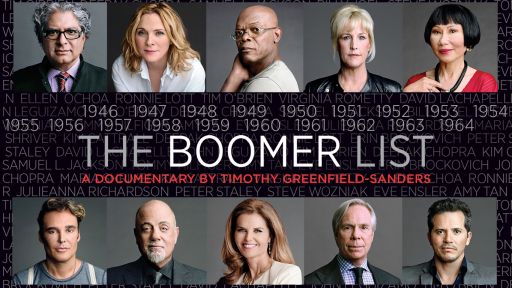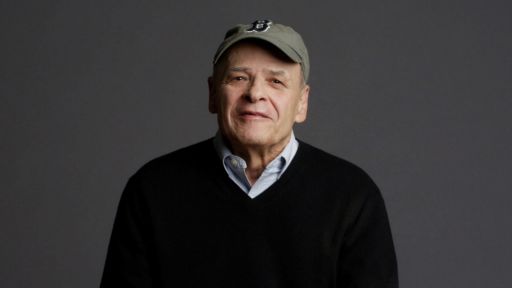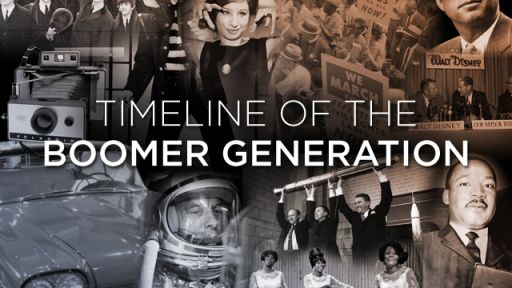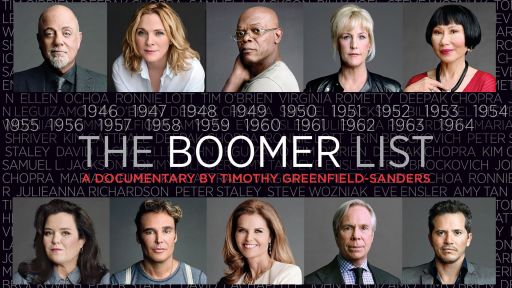Every year, Memorial Day honors veterans with star-studded parades and ceremonies to commemorate their sacrifices. But while usual festivities won’t take place this year because of the coronovirus pandemic, the stories of veterans will endure. One of the most powerful storytellers of war is American Master and revered author of “The Things They Carried,” Tim O’Brien. Several years ago for the American Masters film “The Boomer List,” the Vietnam veteran shared one of his powerful memories of fighting in Vietnam, and it has “nothing to do with bullets and firefights.”
It was 1969, and though controversy of the Vietnam War was taking up much of America’s attention, so was rock n’ roll. The genre became the soundtrack for young men, especially those fighting overseas. “The music we carried with us in Vietnam,” Tim O’Brien says, were by bands such as “The Beatles and Buffalo Springfield.” Songs such as “Revolution 1” and “For What it’s Worth,” were commonly played, but were also antiwar hymns. The lyrics consisted of raging outcries against both the war and the government’s perpetuation of it. They were played and sung to at huge protest demonstrations. In what was a tumultuous time in American history, rock n’ roll would ultimately serve as an important coping mechanism for the younger generation.
While the music was predominantly associated with home, it was just as popular with soldiers in Vietnam. O’Brien recalls such a memory from his tour. He was trekking with his platoon through a vast rice paddy, which was a common and exhausting task for soldiers. They began to establish a perimeter of the muggy terrain, when suddenly a soldier started to sing “Hey Jude” by The Beatles. Another soldier chimed in and then the whole platoon became a “boys choir.” In what was the unlikeliest of places to sing, the soldiers found brief solace in collective song.
While “Hey Jude” was not written as an antiwar song, it’s known for being a song about brotherhood, understanding, and moving forward. “Don’t carry the weight of the world on your shoulders” is a powerful lyric and captures the unimaginable hardship that veterans endure. O’Brien goes on to recall these ideas more deeply in his book “The Things They Carried.” Though a work of fiction, he based the narrative on his war experiences and the poignant memories that he and so many veterans carry to this day. And he demonstrates that even within the horror of war there’s occasional beauty to be found:
“For just a few seconds, even in the midst of the horror, there’s this beauty of this boys’ choir. I don’t know what you make of it. Is there a point to it? There’s not really a point. But it’s a powerful memory that will now and then jerk me awake at night.”






